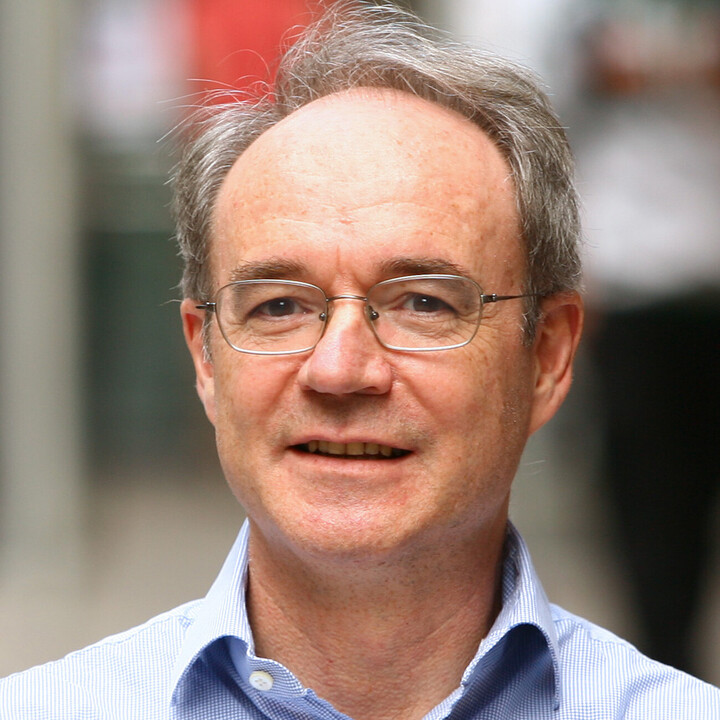Firm Commitments

Patrick Bolton
Columbia Business School
November 29, 2021 – 05:00 – 06:15 PM (CET)
Live virtual event: please register for this talk via Zoom
Speaker Bio
Patrick Bolton is the Barbara and David Zalaznick Professor of Business. He joined Columbia Business School in July 2005. He received his PhD from the London School of Economics in 1986 and holds a BA in economics from the University of Cambridge and a BA in political science from the Institut d'Etudes Politiques de Paris. He began his career as an assistant professor at the University of California at Berkeley and then moved to Harvard University, joining their economics department from 1987- 1989. He was Chargé de Recherche at the C.N.R.S. Laboratoire d’ Econométrie de L’ Ecole Polytechnique from 1989-1991, Cassel Professor of Money and Banking at the London School of Economics from 1991-1994, Chargé de cours associé at the Institut d'Etudes Europénnes de l'Université Libre de Bruxelles from 1994-1998, and John H. Scully ’66 Professor of Finance and Economics at Princeton University from 1998- 2005. His research and areas of interest are in contract theory and contracting issues in corporate finance and industrial organization. A central focus of his work is on the allocation of control and decision rights to contracting parties when long-term contracts are incomplete. This issue is relevant in many different contracting areas including: the firm’s choice of optimal debt structure, corporate governance and the firm’s optimal ownership structure, vertical integration, and constitution design. His work in industrial organization focuses on antitrust economics and the potential anticompetitive effects of various contracting practices. He recently published his first book, Contract Theory, with Mathias Dewatripont and has co-edited a second book with Howard Rosenthal, Credit Markets for the Poor.
Seminar Abstract
We provide a first empirical analysis of firm commitments to reduce their carbon emissions. A growing fraction of publicly traded companies around the world have already voluntarily made commitments to attain reductions in their emissions by a certain date or to reduce the emission intensity of their activities. What drives companies to make such commitments and what are their effects? We explore two major commitment movements, the carbon disclosure project (CDP), and the science-based target initiative (SBTi). Our main findings are, first that while the companies that make commitments subsequently further reduce their emissions, the effect of these commitment initiatives on overall emissions of publicly traded companies (including those that do not commit) has been small. Second, the companies that agree to commit, and those that make the most ambitious commitments, tend to be companies with lower carbon emissions. Third, firm commitments to reduce emissions are less prevalent in countries where governments have made national commitments. Overall, the movements to get companies to commit have been successful in drawing in the willing but have found greater resistance from the companies that need to reduce their emissions the most.
Admission information
The seminar is open to the public. Registration will be open approximately two weeks before the event.
To receive invitations for upcoming seminar talks, please sign up for the mailing list via this form.